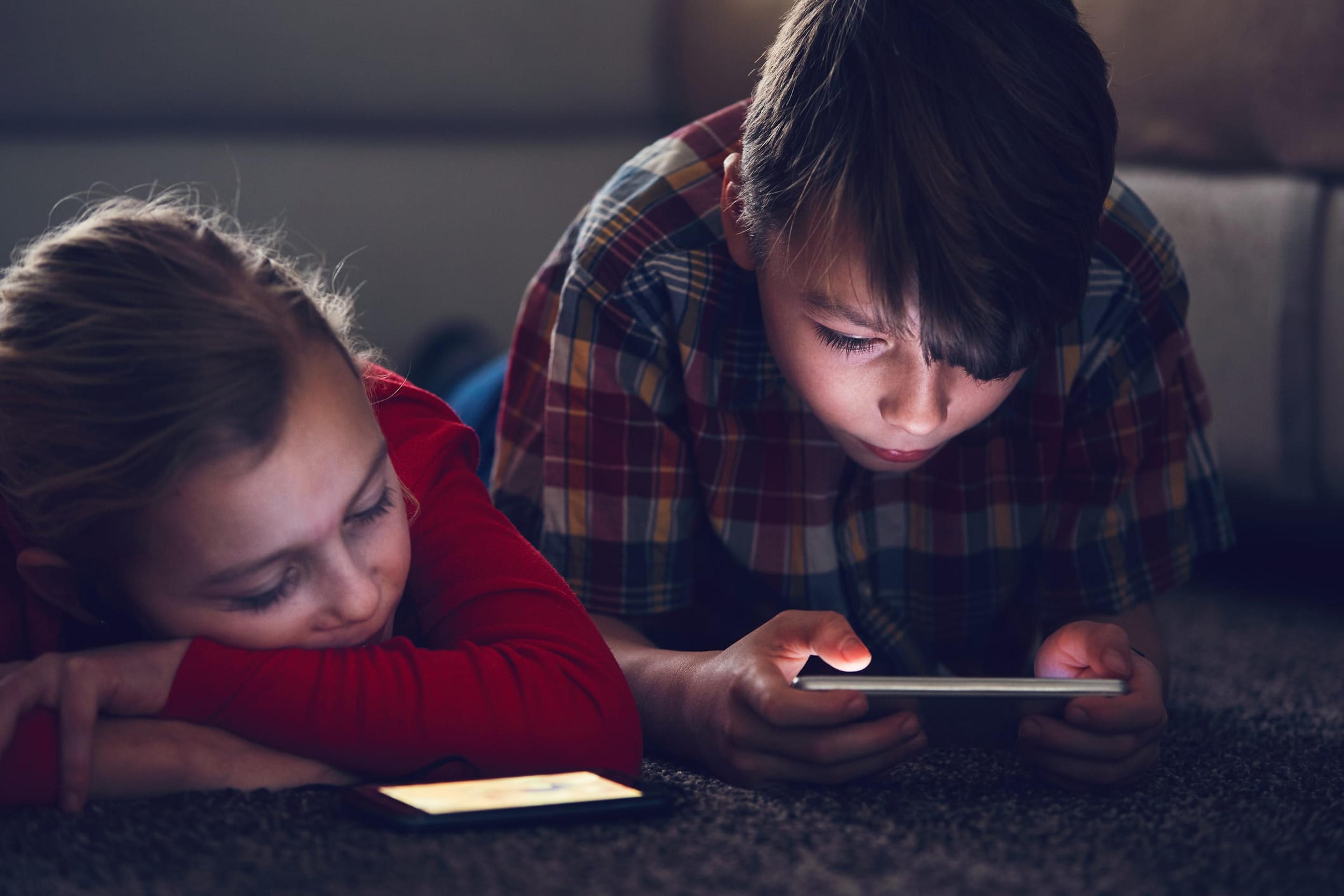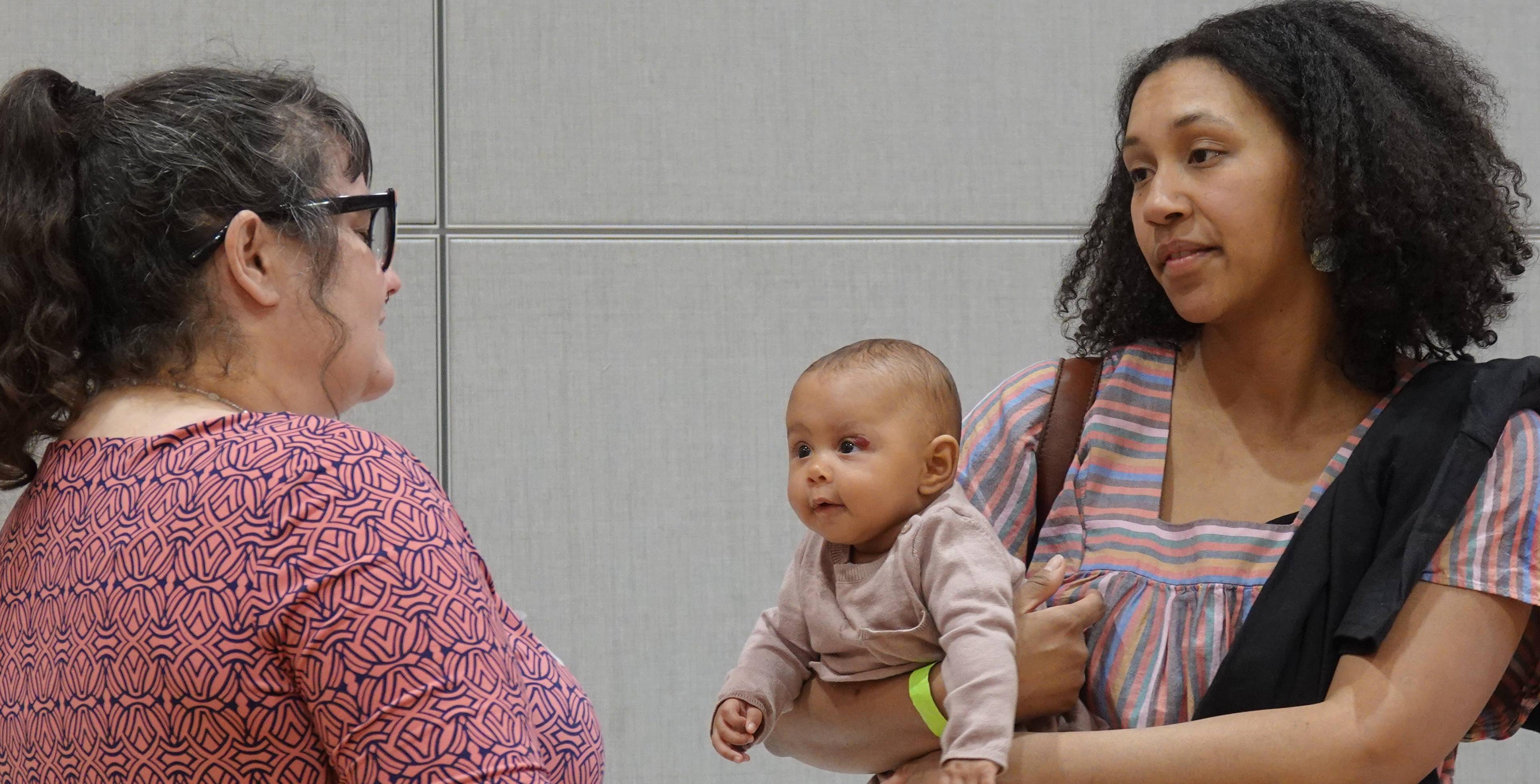Social Media's Impact on Children’s Mental Health
Krystal Clark
| 3 min read

The internet is a huge part of our lives. It’s changed how we work, study and even raise our children. Social media has reshaped how people interact with one another. It’s a powerful tool that can instantly connect users to friends, extended family and total strangers. An entire generation is growing up with unprecedented access to the world. Through smartphones, tablets and apps, children are becoming overstimulated and overwhelmed. For some, it can become addictive, triggering and negatively affect their mental health. “It can lead to a lot of anxieties if somebody doesn't return your text message right away or they don't let you know where they're located in the world,” explained Dr. Kristyn Gregory, a medical director of behavioral health at Blue Care Network of Michigan and Blue Cross Blue Shield of Michigan. “It's that real-time constant connection … kids now really, they strive for that. They fear that they're going to miss out on something if they're not always checking.” There’s even an acronym dedicated to this emotion called FOMO (Fear of Missing Out). Ironically, the preoccupation with being included often leads to a feeling of increased isolation. Children should understand the true nature of social media and it’s carefully curated facade. No, you’re not missing out on everything. That person’s life isn’t perfect, no one’s is. Although it’s mostly smoke and mirrors, social media can have real-life consequences. “One of the important things is [to] teach your kids about the permanency of the internet,” said Gregory. “Anything you might post on there is possibly going to be on there forever.” It’s a hard truth most users rarely think about. On the latest episode of the A Healthier Michigan Podcast, hosted by Chuck Gaidica, he and Gregory discuss the long-term effects of social media and the importance of limiting screen time. [podcast_player] One of the most terrifying aspects of social media is bullying. “When you and I were growing up where somebody bullied you, not everybody knew about it,” said Dr. Gregory. “When you get cyberbullied, it puts it on this whole platform where everybody can see what's happening to you. Then kids might jump on or be fearful of coming to your defense and alienating other friends that they might have.” Social media can amplify voices - both positive and negative - to the point they’re inescapable. Children have always been vulnerable to peer pressure and criticism at school but now they face it online as well. They are inundated with the opinions of peers from all over. That’s why it’s crucial for parents to have an open dialogue about these dangers. “Before they get on these sites, there needs to be a conversation about internet safety and there needs to be a conversation about cyberbullying,” warned Gregory. “There needs to be a conversation about the permanency of the internet and anything that they post and … how that could affect your future.” Parents have a responsibility to guide their children in the right direction. After providing them with the necessary information, monitor their screen time. Watch for red flags. Take note of any drastic changes in behavior. Yes, social media can be fun and entertaining, but it shouldn’t be taken lightly. Want more content like this? Read these posts:
- Is it Stress or Depression?
- Tips for Getting Stress and Anxiety Under Control
- Tips on How to Find a Therapist
Photo credit: Chalabala





